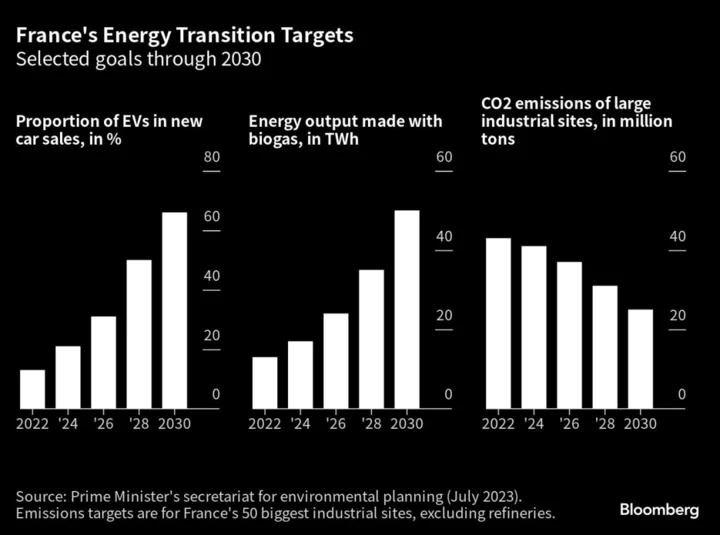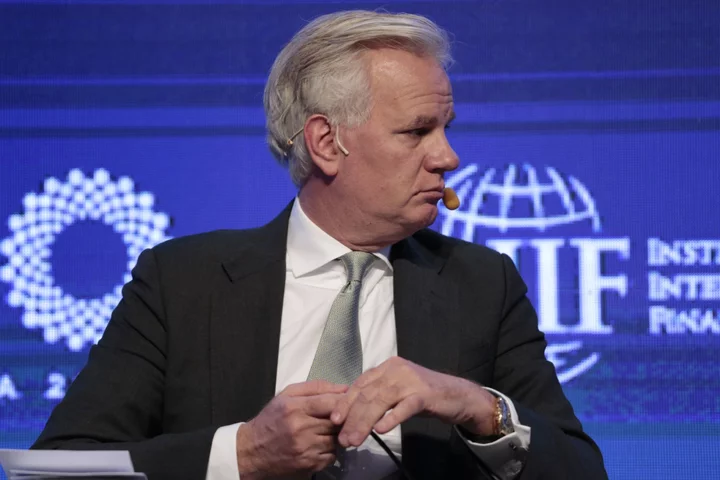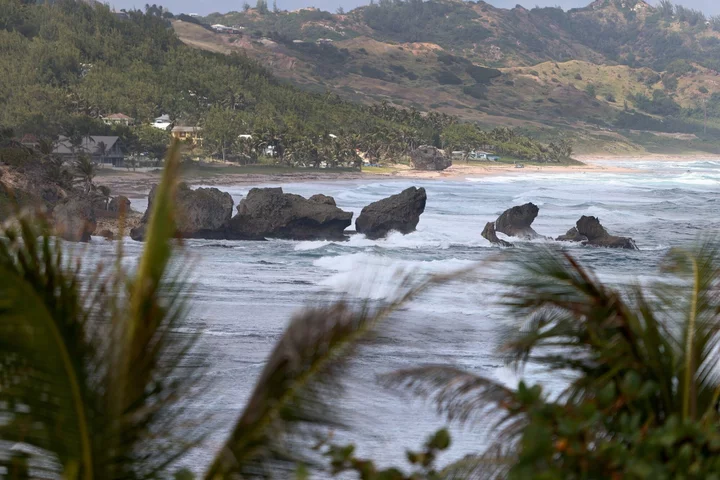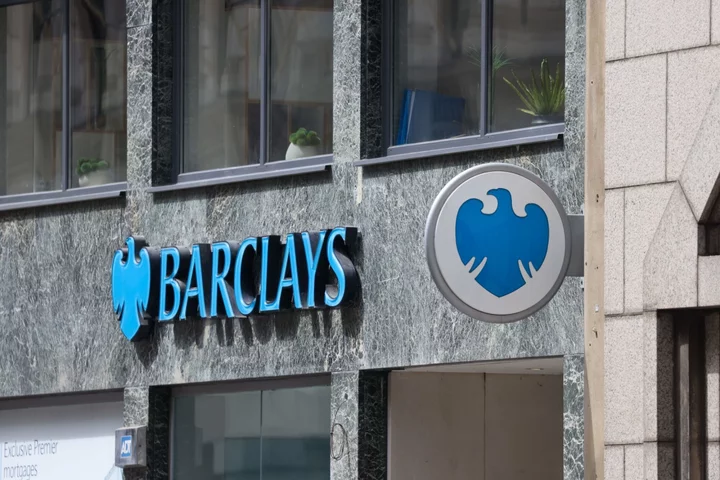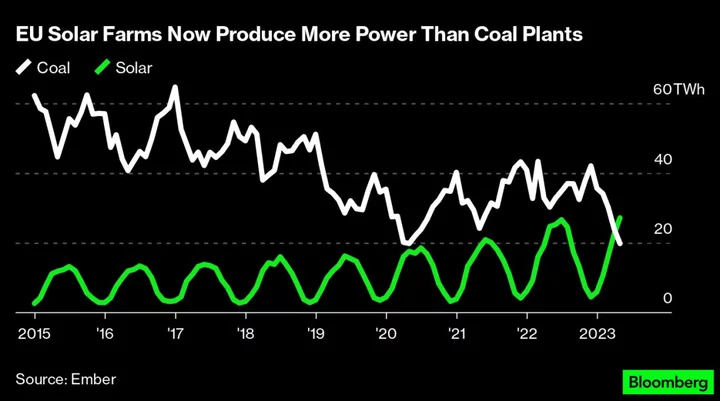France will introduce a law to curb power prices by the end of the year to encourage the billions of euros of investment needed for its energy transition, President Emmanuel Macron said.
“We will regain control of our electricity at the French and European level,” Macron said in a speech in Paris on Monday during which he outlined his country’s strategy to fight climate change.
The new regulations on power prices, which will be presented in October, will put France in a “very favorable and competitive situation at the European level,” he added.
The aim is to ensure prices paid by businesses and households, which recently rose in the wake of higher gas prices, are kept closer to production costs in France. While Macron didn’t provide details, the initiative will be closely monitored by neighboring countries such as Germany, as well as European competition authorities.
Read More: France and Germany Clash in Feud Over Europe’s Industrial Crown
Governments across Europe are seeking ways to maintain ambitious goals for fighting climate change and its devastating effects, while supporting households and businesses that are already squeezed by rising energy, food and equipment costs. At the same time, the US and China are also chasing investment needed for the energy transition, boosting competition for everything from capital to critical raw materials.
The French government aims to cut the country’s emissions by about one-third between 2022 and the end of the decade — in line with European Union targets for a 55% reduction from 1990 levels — by acting on more than 50 levers across industries.
While this should ultimately reduce the country’s spending and reliance on imported fossil fuels — a weakness highlighted by Russia’s war in Ukraine — it will at first require massive public and private investment.
To achieve its goals, the administration, local authorities, companies and households need to increase annual green spending by €66 billion ($71 billion) by 2030, a report commissioned by the government showed this year.
In a first step, the government has said it will raise such expenditure in next year’s budget by €7 billion to €40 billion. That includes more subsidies for the development of electric vehicles and charging points, rail transport, heat pumps, solar and wind power, green hydrogen and renewable fuels.
France will be able to build at least 1 million electric cars by 2027 and triple the production of heat pumps, Macron said. The country will also detail its resources in terms of metals that are key for the energy transition, he said.
It will further help home and building renovation, the development of district heating networks and equipment that lowers energy consumption in factories and offices. The administration will also increase spending to boost tree planting, water preservation and organic food production.

